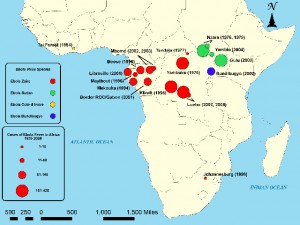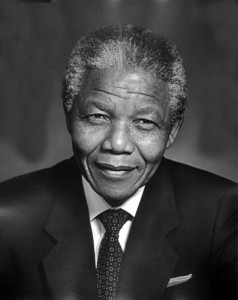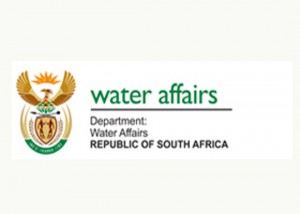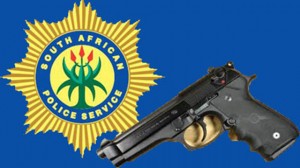This week’s eNCA elections poll shows the smaller parties losing ground as voters shift from them to the three biggest players: the ANC, the DA and the EFF.
This trend has affected Cope, the IFP, the UDM and the ACDP, among others. Together all these smaller parties only make up an average of 2.4 %, which has decreased in recent weeks from about 2.9 %.
The polls show the DA holding its lead in all the three most-contested cities in the 3 August local government vote. The party remains strongly ahead of the ANC in Tshwane and Nelson Mandela Bay, while in Johannesburg the two parties are still running neck and neck.
In Tshwane, the DA moved marginally from 39% to 40% this week, while the ANC dipped marginally from 25% to 23%. Even with 14% undecided, the DA’s strong lead makes it likely to emerge the biggest party in the city, though it is the EFF, which held steady at 13%, which holds the balance of power and will probably determine who is mayor.
In Nelson Mandela Bay, the DA stayed at 42% while the ANC moved only slightly from27 to 28%. Even the 16% undecided seems insufficient to swing things the ANC way. If the DA does not get a majority, then the EFF, which is at 6% in this city, will again hold the casting vote for control.
Johannesburg see just 5% between the DA (36%, up from 35%) and the ANC (unchanged at 31%), with neither likely to get a majority. This leaves things in the hands of the undecideds (14%) and the EFF at a steady 9%.
This is the seventh of the weekly polls being done for eNCA by leading international pollsters Ipsos. The last poll, on the eve of the 3 August ballot, will be broadcast on eNCA (DStv channel 403) and e.tv at 6.30pm next Thursday evening.
Full details – including interactive charts of the results – are available at enca.com/elections2016








